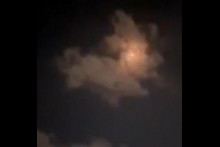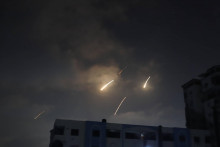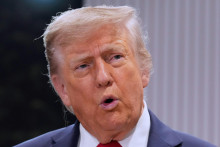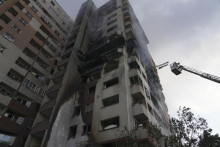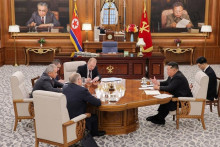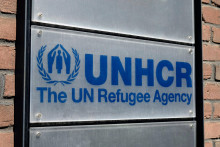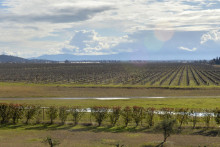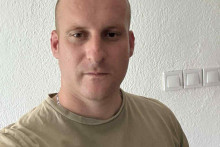The conflict between Israel and Iran has escalated into multi-day airstrikes, with Israeli attacks targeting Iranian nuclear and military facilities, including centrifuge and missile production sites. Iranian Supreme Leader Ayatollah Khamenei has called for resistance and announced the start of the battle, while residents of Tehran are evacuating due to Israeli strikes. The US is considering military support for Israel amid internal debates between hawks and isolationists. The international community, including the IAEA, is monitoring the situation and calling for de-escalation. Israeli attacks have caused civilian casualties and heightened regional tensions, while Iran has retaliated using hypersonic missiles. The conflict raises concerns about a wider war in the Middle East and global security implications.
Political Perspectives:
Left: Left-leaning outlets emphasize the humanitarian impact of the conflict, highlighting civilian casualties and the risks of escalation into a wider regional war. They often call for diplomatic solutions and criticize military interventions, focusing on the need for international mediation and the dangers of US involvement.
Center: Centrist sources provide balanced coverage, reporting on military developments, political statements from both sides, and international diplomatic efforts. They highlight the complexity of the conflict, the strategic interests of involved parties, and the ongoing debates within the US administration about military support and negotiations.
Right: Right-leaning media emphasize Israel’s right to defend itself against Iranian aggression and nuclear threats. They focus on the military successes of Israeli strikes, the threat posed by Iran’s nuclear program, and support for strong US-Israel cooperation. They often portray Iran as a destabilizing force and stress the necessity of decisive military action.

